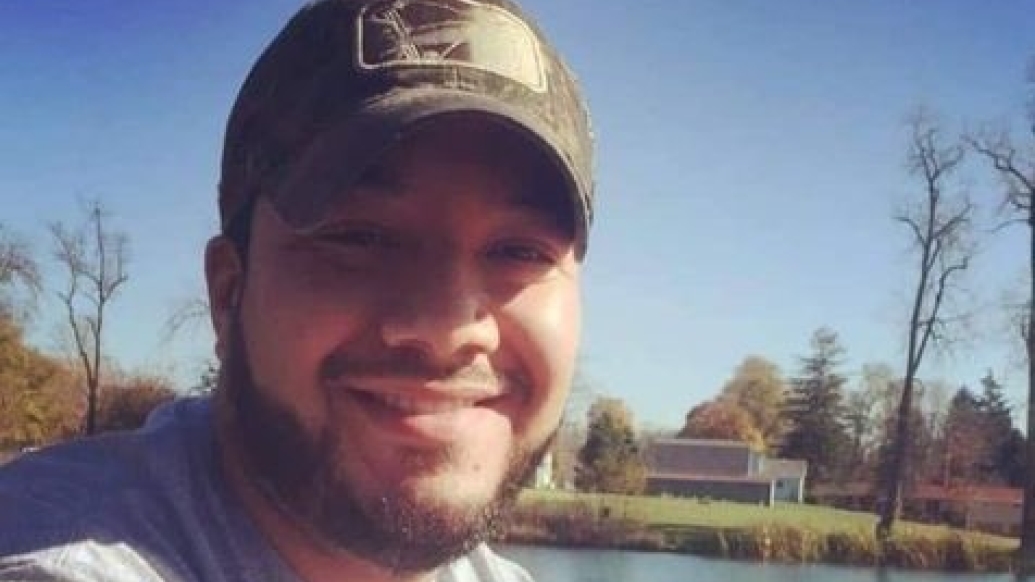
My son Travis passed away on April 2, 2016, due to a car accident during one of Michigan's weird weather storms of snow, sleet, rain, and wind. My son became a blood donor in his Junior year of High School. He became a tissue/organ donor the day he received his driver's license at the age of 16.
Travis saved lives through his countless blood donations from the age of 17-24. Travis saved lives through his tissue/organ donations at the age of 24. Gift of Life Michigan and Eversight sent our family letters of gratitude for the unselfish decision of giving from Travis. Twenty-eight people from the age range of 14 to 72 have received Travis' tissue/organ donations.
Our family uses the statement, "Travis lives through others" anytime people ask how long Travis has been gone. Travis is a hero. Thank you for bringing awareness to the need for blood, tissue/organ, and marrow donations.
-Raquel Martinez-Ybarra




